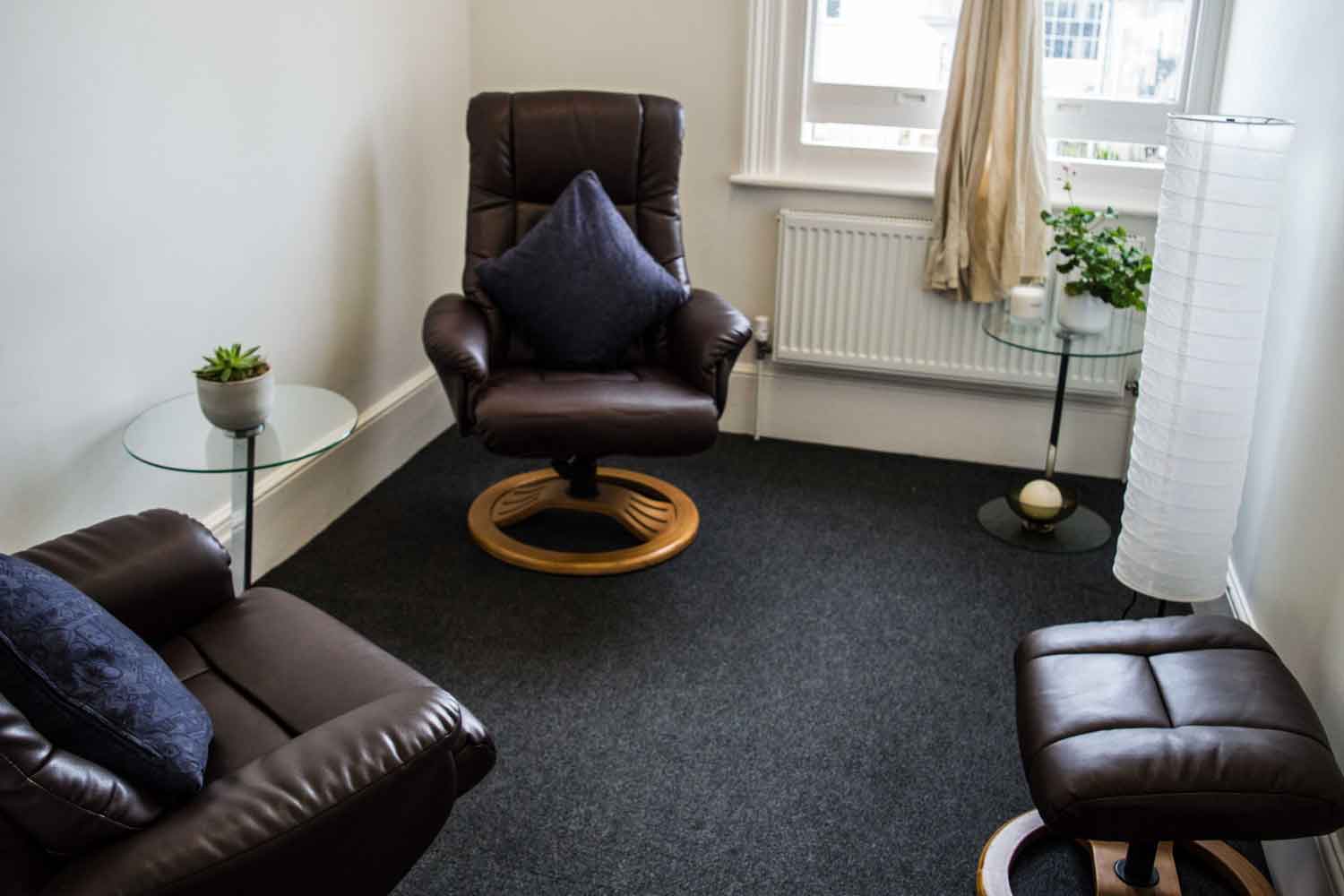Trauma occurs when we experience something profoundly distressing or disturbing that overwhelms our normal capacity to process our experiences. This may be a one-off event – for example, a medical procedure that went wrong, a transport accident, or being the victim of an attack – or it can be sustained exposure to multiple events – such as ongoing domestic abuse, emotional neglect, or bullying. The event/s need not necessarily have happened to you, witnessing disturbing events happening to others can be enough to traumatise an individual.
No two people will react the same to traumatic events and it is important to understand that there is no ‘normal’ way to react to a traumatic event or events. What is crucial to understand is that trauma occurs when the scenario experienced is unexpected or of an intensity that could not have been anticipated.
There are many situations that can lead to psychological trauma. The following list provides some examples, but it is by no means exhaustive:
- Sexual abuse;
- Physical abuse;
- Emotional abuse;
- Domestic violence;
- The sudden unexpected loss of a loved one;
- Receiving a terminal diagnosis;
- Conflict and combat;
- Traumatic childbirth;
- Medical procedures;
- Bullying;
- Racism.
When experiencing a traumatic incident, it is sometimes possible for the mind to resolve the overwhelming nature of the experience and heal itself with time. Unfortunately, for some individuals, traumatic events do not resolve themselves with time and “post-traumatic stress” can lead to subsequent complications often referred to as Post-Traumatic Stress Disorder (PTSD), or Complex Post-Traumatic Stress Disorder (CPTSD).
Trauma can manifest in many different ways. You may recognise the following signs which are indicative of trauma / PTSD / CPTSD in yourself or someone you are concerned about:
- Unpredictable emotions or mood swings;
- Flashbacks – which can feel like you are reliving the event and may include vivid images, sounds, emotions or physical sensations;
- Nightmares;
- Insomnia;
- Headaches;
- Anxiety, jumpiness or tension;
- Depression;
- Anger and angry outbursts;
- Increased sensitivity to sensory information such as noises, smells, touch;
- Dissociation – feeling numb, out of your body or not present;
- Sexual distress or difficulties surrounding sex;
- Difficulties in relationships and feeling unable to trust others.
Any traumatic situation can cause us a significant degree of distress however if this does not abate then the ongoing consequences of trauma can significantly affect our day-to-day lives. One way to understand this is that owing to the overwhelming nature of the event or events our minds are not able to process the event and consequently they become ‘stuck’. In an attempt to process the event into memory, it thus becomes ‘replayed’ – this may be as flashbacks, nightmares, or other intrusive thoughts. ‘Triggers’ – reminders of the event – can thus cause us to feel like the traumatic event is happening right now which can in turn lead us to try and avoid these feelings or any reminders of the event. This avoidance can unfortunately increase the symptoms of trauma and can significantly impinge upon our day-to-day living if we feel compelled to avoid certain situations or people.
Thankfully, trauma, PTSD and CPTSD are well established to respond well to evidence-based treatments. Eye Movement Desensitisation & Reprocessing (EMDR) and Trauma Focused Cognitive Behavioural Therapy (TFCBT) are recommended treatments for PTSD and we have practitioners who have specialised in these modalities to the highest level of qualification and have many years of experience helping clients with trauma.
Psychology Sussex are used to working with members of the emergency services, individuals that have been traumatised by road traffic accidents or other traumatic incidents that may have prompted legal proceedings, and to the general public.
Do not hesitate to contact now to speak to one of our team about how it is Psychology Sussex may be able to help you or someone you are concerned about.










